Don't miss out on the opportunity to listen and download this episode's mp3 for free from my podcast. Click the link and start listening now!
SUMMARY
- In this interview, Read Coburn shares his journey as an instructional designer, including his experiences teaching English as a second language (ESL) in China. Read, a University of Florida graduate with an English degree, initially wanted to drop out of school to travel the world, but his father convinced him to finish his degree. While in China, He worked as an academic director and began designing course materials, which sparked his interest in instructional design. Upon returning to the United States, he pursued a master's degree in instructional systems and learning technology at Florida State University.
- Read currently works as an instructional designer for Hilton Grand Vacations, where he creates learning materials for various business units. He enjoys the stress-free nature of his job and working with a great team. He believes that having a supportive team and engaging work are crucial to job satisfaction.
- One of Read's most eye-opening experiences in China was the vastly different classroom culture. The teaching approach was heavily instructor-led and relied on rote memorization, with little room for student contributions. As an ESL teacher, his main goal was to get students to speak English, which was difficult given the classroom's structure. He also found that students were initially quiet and hesitant to speak up, but gradually became more confident with practice.
- His experiences in China taught him the importance of cultural understanding and the impact it can have on education. He emphasizes the need for educators to recognize and respect cultural differences and adapt their teaching methods accordingly. This approach can create a more inclusive and effective learning environment for all students.
- Read also discusses the benefits of instructional design, including the ability to create engaging and effective learning materials. He emphasizes the importance of user-centered design and creating materials that cater to learners' needs and preferences. He believes that technology can be a powerful tool in education, but cautions against relying too heavily on it at the expense of personal interaction and engagement.
- Overall, Read Coburn's experiences as an ESL teacher in China have influenced his approach to instructional design and underscored the importance of cultural understanding in education. His passion for creating engaging and effective learning materials, as well as his appreciation for a supportive team and engaging work, make him a valuable member of the instructional design community.
INSPIRATIONAL QUOTES

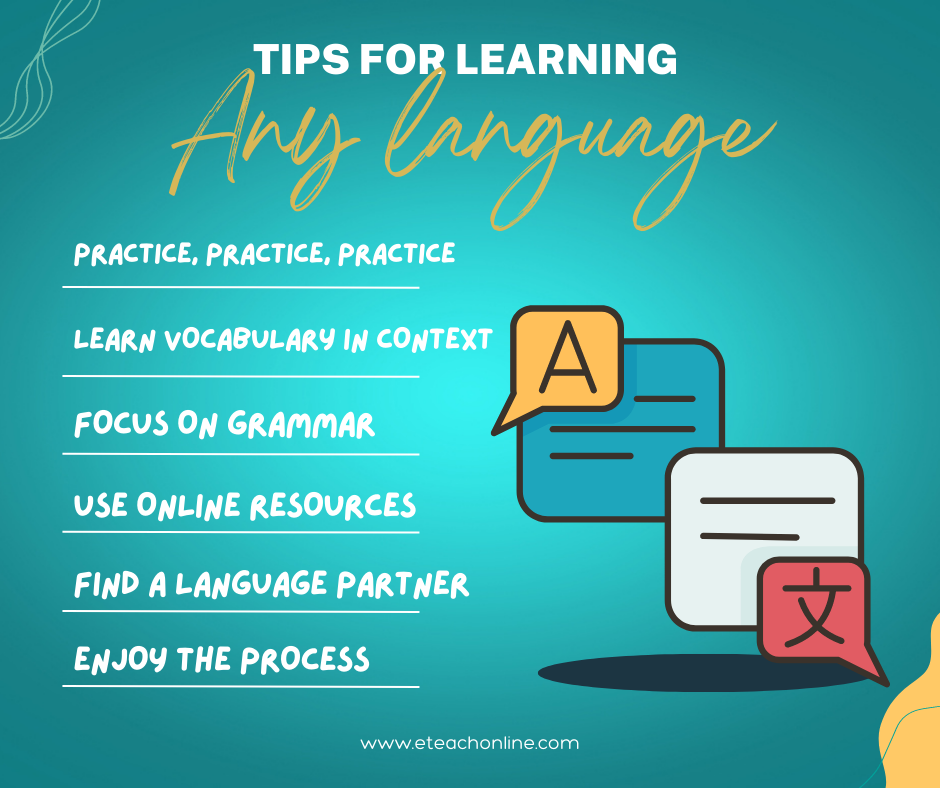
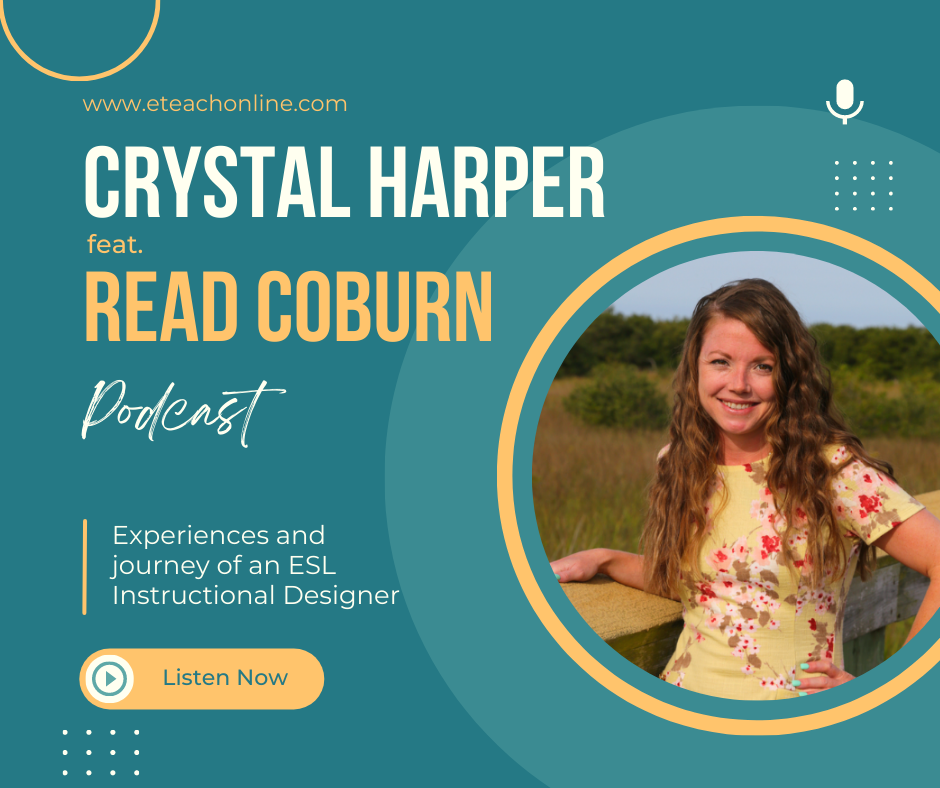
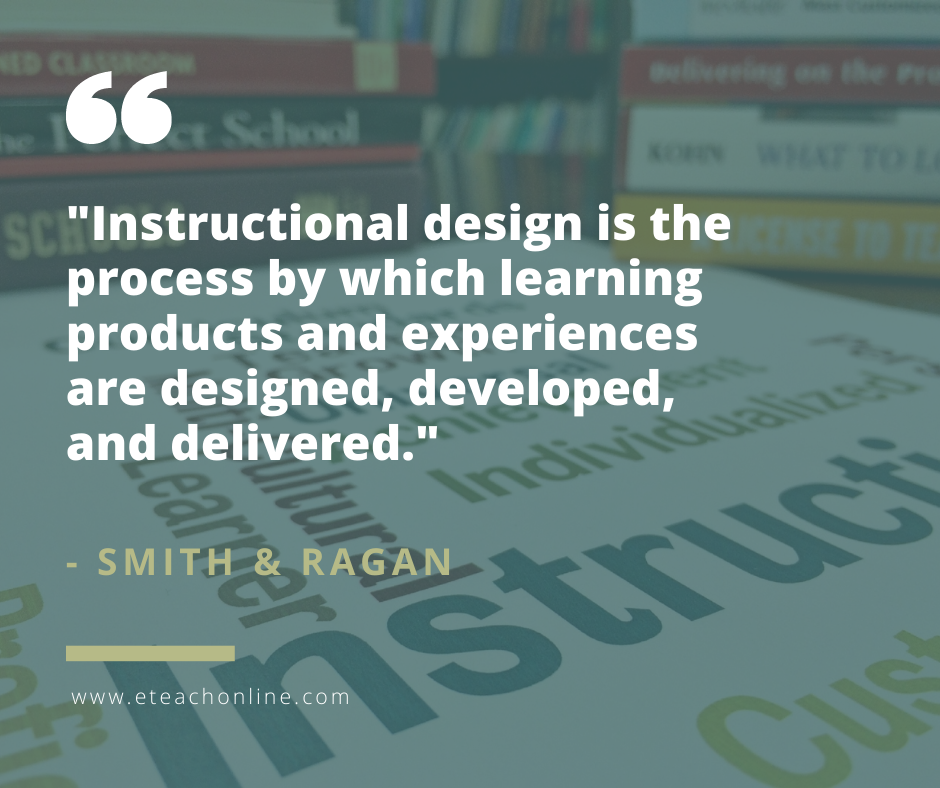
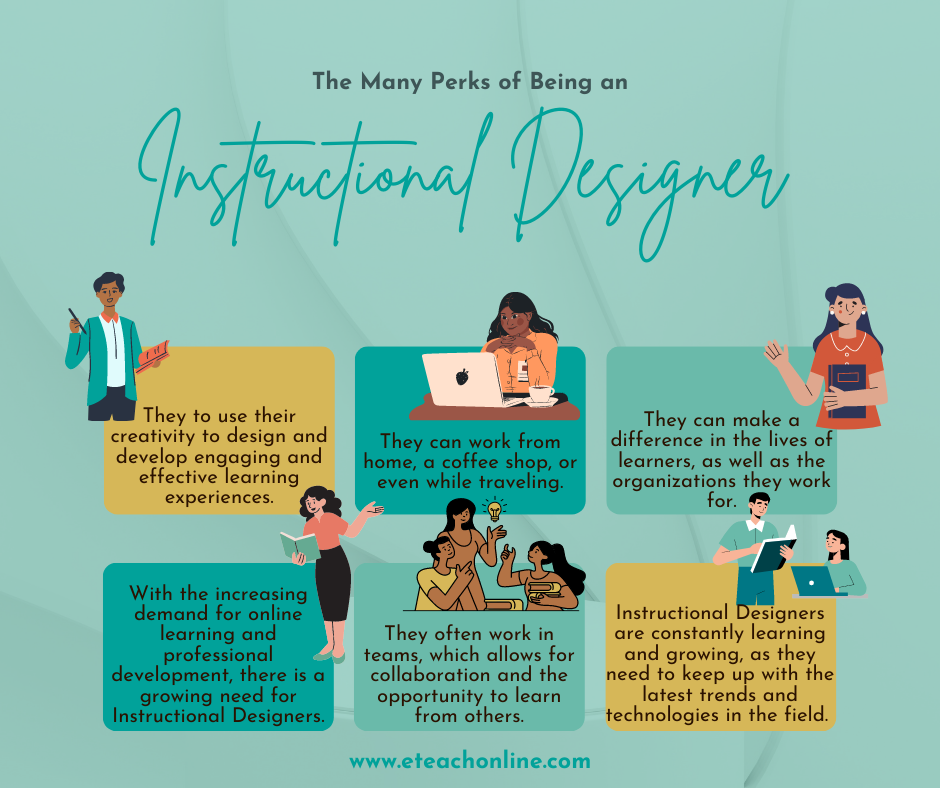
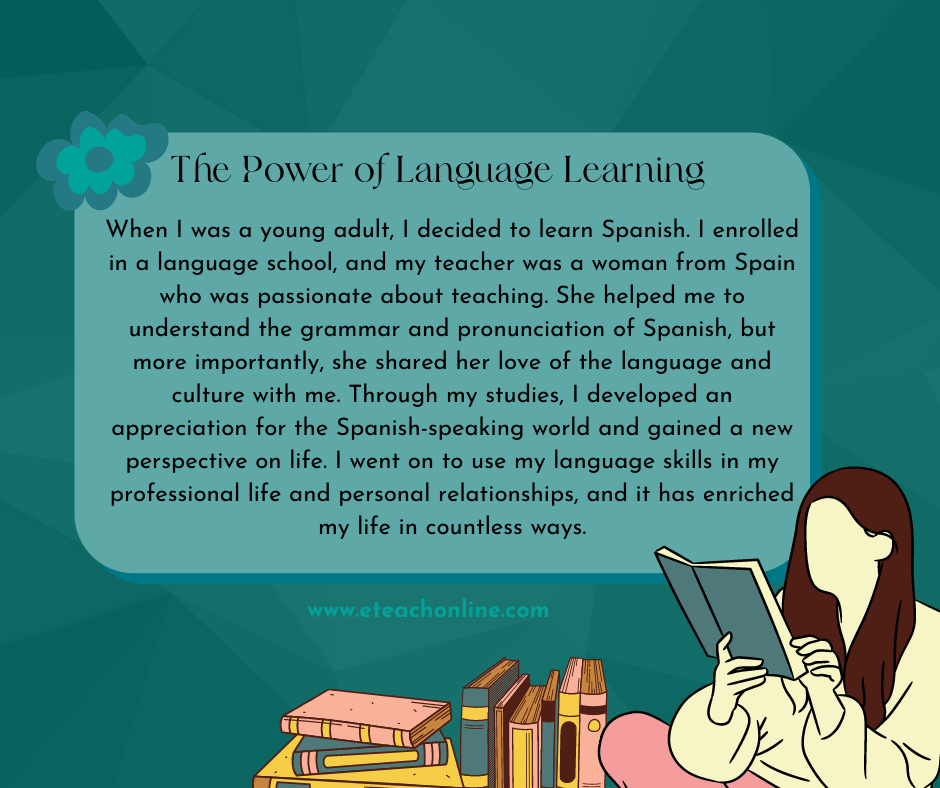

TRANSCRIPT
Today I'm speaking with Mr. Read Coburn. Welcome, Read.
Hi. Thanks, Crystal. Thanks for having me.
Of course. Thanks for joining us. Could you tell me a bit about yourself?
Um, yeah, sure. So my name is read in the present tense, verb not read. I was born and raised in Orlando, Florida. I went to University of Florida for my undergrad and English. I was actually not planning to finish my undergrad, I wanted to just drop out and travel the world and everything. But my dad just convinced me you know, you should at least finish your degree. So I did it in English, because I loved English literature. So I did that at UF. So Go Gators. And then after that, I ended up in China for about five years teaching English. So I lived in a couple different cities over there. And that's kind of where I really fell in love with education. And I guess within instructional design, I didn't really know it was instructional design when I was doing it over there, but I took on a role as an academic director over there and I started doing some curriculum design. I was, you know, designing course materials and stuff for my students. And I really fell in love with that, you know, behind the scenes part of it. The design part of it. So when I heard about instructional design, I was like, Whoa, that's an actual job. I want to do that. So I came back home and I started my master's degree and finished that last year in January, and then shortly after finishing that degree at FSU. I don't know if I said that I finished at FSU. Yeah, you know, not not great. Because it was an amazing program. It was hard for me as a Gator, go to FSU, but a really amazing program as a Master's of Science in instructional systems and learning technology. And so shortly after I finished that I got a job at Hilton Grand Vacations as their instructional designer. And I work with all the different sort of business units, I do stuff for resort operations, from leadership to front desk, and you know, I dabble in all the other business units as well. Finance and, and sales and all that stuff.
So yeah, I love my job. That's me, and I like rock climbing and hiking. And other adventure sports. So yeah.
Awesome. Thanks so much. Yeah, one of the best things about being an instructional designer is the ability to go and travel the world and do things like that. I feel the exact same way. And that's one reason why what drew me to instructional design. It sounds like you have a really cool job right now to hell and
I think it's great, you know, creating vacation experiences for people, that's cool. But what I love most about my job is just like the day to day tasks of creating videos and, and my team is amazing. You know, I work with a bunch of trainers and my director and it's just such a stress free job. I feel like because of the nature of learning and development, it's not like, oh, we need this now. It's kind of like okay, well, we're gonna develop some stuff and we're gonna work on iterations and if it doesn't work, it doesn't work and we'll fix it and you know, there's no, my, my director says, you know, there's no emergencies and learning and development.
That sounds like a dream instructional design job to me.
Yeah. Yeah. It's pretty great. I think that's one of the key things: Have a job? Really, it's like, yeah, maybe you don't really fully support, you know, everything in your business. But if you've got a great team and you've got cool work to do, then it's like, that's what you want, right?
Yeah, exactly. That sounds perfect to me. Cool.
Well, I'd love to hear more about your experiences as an ESL teacher in China. Could you share some of the opportunities and cultural learning experiences that have come your way?
Um, yeah, absolutely. So, I mean, living in China was really an eye opening experience, they obviously have very different cultures over there. That's kind of why I chose China because it was so different, I just kind of wanted to see how a completely different culture lift. And as a teacher, I think one of the most interesting things was how the classroom was set up as very instructor led, and like a direct teaching approach. You know, in the US, we have a lot of projects, and we have a lot of sort of collaborative work and labs and things like that, which they do over there. But a lot of it is sort of rote memory, and just, you know, the teacher will deliver the instruction, the students will take notes. So not a lot of really a lot of teacher talking time and not a lot of student contributions. So in the classroom, obviously, as an ESL teacher, my main goal was to get students to speak English, right? So I get students that come into class, they understand what I was saying, they'd be able to read and write but couldn't speak. Because they just didn't have that opportunity in the classroom. And they're all very quiet to start, you know, they'd come, we'd start class and be my first class with them, be their first class with a foreign teacher. And they'd all just be just looking at me not because they're just shocked, because, you know, I have a Western looking guy, but also because I was asking them questions, and I was trying to get them to contribute. So I thought one of the coolest things was just how I was able to, you know, one of my purposes, from that, from understanding that about them, how they needed to speak was to break them out of their shells, and get them speaking, reduce my teacher talking time. And that's how my, really my pedagogy like my instructional approach kind of developed into more like a social collaborative approach. So everything I designed for the classroom activities, and all that, that I designed for my students, were all based on this idea that they would be speaking to each other. And I would go around listening and give them feedback. And it was just really cool to see some of their transformations. I had this little girl, her name was leaf and she was five years old. And she came into the classroom and wouldn't say a word to anyone. And you know, we'd do role plays, we would act out like the three little pigs, or what's the The Three Little Pigs like all these plays and stuff. And after just a few months, she completely broke out of her shell. She was the, you know, she was the most talkative person in class. She was kind of running the classroom. And it was just Yeah, I thought that was a really interesting part of the cultural experience over there. It's just, you know, how much I thought it was a you know, it was an interesting balance that we got was their respect for listening to the teacher and my kind of drive to get them to break out of their shell and not disrespect a teacher but to talk as much as possible.
Well, they're raised. So yeah, they're raised very respectful. I actually worked for VIP kids. Oh, yeah. Yeah. So I bought it after a little while. Oh, you did? Okay. So it's one on one. But I can imagine, like doing the collaborative group exercises that I could see that being so much more transformational for the kids. Yeah, for sure. That's awesome. In your opinion, what do you think are the most important skills necessary for implementing a systematic instructional design process?
Um, yeah, so I was trying to think of this question before, there's so many skills involved and there's so many different systems and processes, right. You know, I, it just depends on your preference, really for the process and everything, but I tend to use it like a more rapid prototyping process. It works better for my personality type, and for how I like to work. So I think the most important skills are to develop a prototype and not, you know, get it out there as fast as possible and not worry over worry about, you know, what it looks like and what it you obviously want it to be functional, and you want it to be pretty decent. But you also don't need it to be perfect. And I think once you get something visible and tangible out there, and you can show it to your stakeholders, then they can give you feedback on that. And you can go back and get, you know, do some more reiteration. And just perfect it from there. And also just let your stakeholders know, like, this is not the final product, this is my idea. And I think that's just so much more powerful than a proposal with a storyboard and slide deck where you're like, This is what I want to do, instead of that, you know, what I like to do, and my position is just like, This is what I want to do. And I'll show them a very, sort of, you know, very, and not unstructured, but like, very basic version of what I want to create. And I think that's just so much more powerful to them, they can actually see what I'm, what I'm going after. And that usually impresses them a lot more. And it's, you know, I think that works for me, maybe other systems work better for other people, maybe they'd like to spend more time in the planning phase. But for me, I just like to really hit the ground running and get something out there. I mean, what's really nice about that is you have something that's functional from the beginning. And you can always go back and make changes. So you've always got something that's ready to go.
Yeah, that makes complete sense. And I think that's becoming more and more common.
I think with the tools, the tools and everything that's coming out, it's just so much easier to get something out fast.
Right, exactly. Just collaboration is so important, which I think people are realizing more now too. So yeah,
definitely getting feedback and acting on feedback, asking people, I think that's, that might be one of the most important skills is getting user testing, and then not taking it personally when people say they don't like something, just really understanding your your audience through testing and feedback and, you know, just working to refine your deliverables,
right, because everyone's different. Yeah.
JOIN THE
eLearning and Instructional Design for Beginners Community
- In-depth courses & training
Access my rapidly growing library, attend monthly live training & accountability support groups
- Exclusive tools & members-only discounts
Tools, templates, downloads, checklists and more - plus receive special perks & discounts
- Supportive community & network
Feedback and support from fellow instructional designers, career-driven business owners, and experts who will keep you on track
Get Your Software Toolkit for Instructional Designers
Tools & processes that will help you plan, build, and grow your instructional design career and freelance business.





